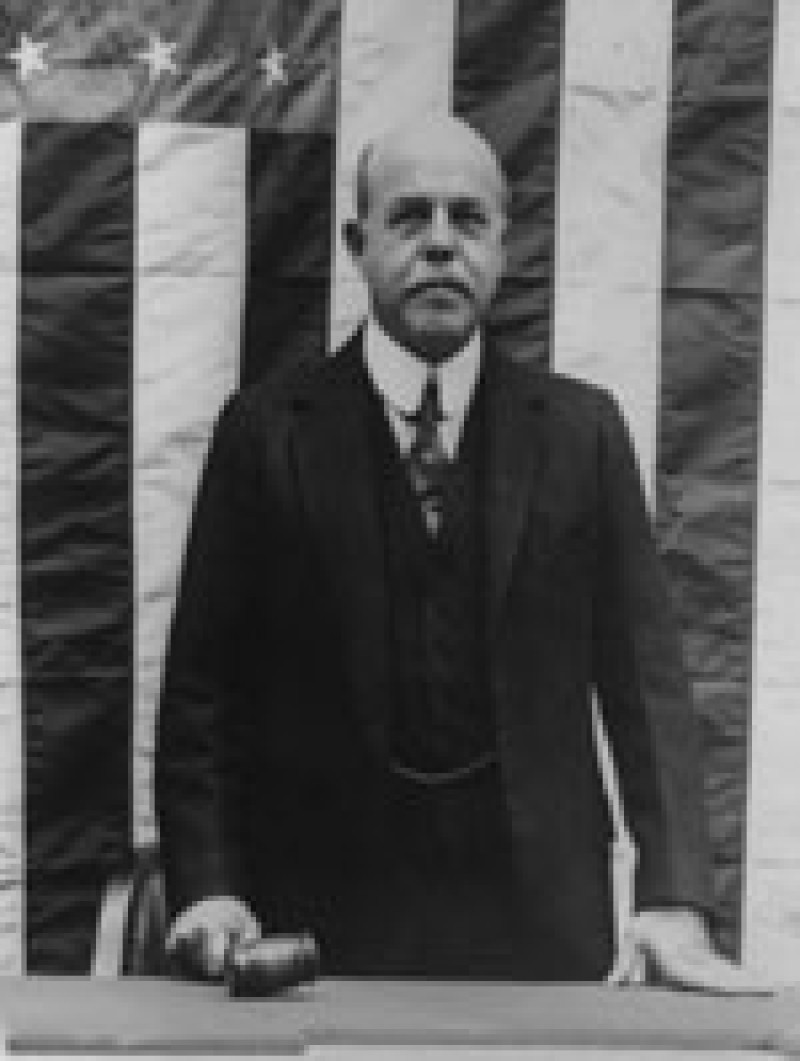Nicholas Longworth (Nov. 5, 1869 - April 9, 1931)
Nicholas Longworth, Speaker of the U.S. House of Representatives, was born in Cincinnati the son of Nicholas Longworth, a lawyer, and Susan Walker. He was a fourth-generation member of one of Cincinnati's oldest and wealthiest families. His great grandfather, the first Nicholas Longworth, settled in Cincinnati in 1804 and established the family fortune by speculating in land. His grandfather and his father, the latter a judge of the Supreme Court of Ohio for one year, were prominent in local civic and cultural affairs. After receiving his B.A. from Harvard University in 1891 and attending Harvard Law School for a year, he enrolled in Cincinnati Law School, earning his LL.B. in 1894.
Supported by local Republican boss George B. Cox, he was elected to the Cincinnati Board of Education in 1898 and to the Ohio House of Representatives a year later. In 1901 he was elected to the Ohio Senate. The Longworth Act (1902), regulating the issuance of municipal bonds, was later acclaimed as one of the most successful laws in Ohio's history. In 1902 Cox offered Longworth the party's nomination for the U.S. House of Representatives. Longworth was easily elected, and he served in the House from 1903 to 1913 and from 1915 until his death.
Initially assigned to the Committee on Foreign Affairs, Longworth became an advocate for better housing for U.S. ambassadors abroad. His bill to authorize the purchase of overseas residences for U.S. diplomats eventually became law. In 1907 he joined the Committee on Ways and Means, which provided him a platform for his views favoring limited government, moderately high import tariffs, and low domestic taxes. His work on the Payne-Aldrich Tariff Act of 1909 revealed an affinity for the political horse-trading that such legislation requires. Thereafter, he specialized in tariff law and was regarded by many as an expert in that area.
Although usually labeled a conservative, Longworth often sided with his party's moderates on key issues, such as tariff policy. He had a streak of independence, which led him occasionally to take positions not shared by most of his House colleagues, such as when he denounced the seniority system for choosing committee chairmen. When the House Republicans returned to power in 1919, he emerged as one of his party's key leaders. In 1923 his fellow party members chose him to succeed Frank Mondell as the majority floor leader. His talent as a conciliator soon became evident in his negotiation of a delicate truce that kept disgruntled progressives from bolting the House Republican party and thereby reducing it to minority status. Under his leadership, the House in 1923-1925 passed 594 bills, double the number of the preceding two years. In April 1926 Trend magazine, praising the majority leader for a successful first term, said he had transformed a disorganized House into ?one of the most efficient legislative machines in contemporary American history. ?
After serving for two years as majority leader, Longworth replaced Frederick Gillett as Speaker of the House when Gillett moved to the Senate on Dec. 7, 1925. Longworth assumed an office that had been stripped of much of its defined authority. Under rules adopted following the House's 1910-1911 revolt against Speaker Joseph Gurney Cannon, the Speaker's role was reduced to that of a ceremonial officer, while the majority leader dominated the key party committees that set policy and managed the legislative agenda. Unwilling to give up his power as majority leader for the Speakership's prestige, Longworth maneuvered with his followers to accept the new office on his own terms, which included retaining his control over the party's governing committees.
Throughout his three terms as Speaker (1925-1931), Longworth ruled as a benevolent czar. Unlike Cannon, however, he practiced the art of conciliation and accommodation so astutely that he got his way without sacrificing his popularity or his reputation for fairness.
Perpetually cheerful and outgoing, Longworth was an accomplished musician and comic performer and a highly popular figure on Capitol Hill and in Washington society. Moreover, his joyous attitude toward life led some to doubt his seriousness as a leader. Consequently, he has never gained the recognition due him as one of the outstanding Speakers of the House. He died while visiting friends in Aiken, South Carolina.
Biography of Nicolas Longworth (Nov. 5, 1869 - April 9, 1931)
Citation: Donald C. Bacon. "Longworth, Nicholas"; http://www.anb.org/articles/06/06-00379.html; American National Biography Online Feb. 2000. Access Date: Fri Oct 3 10:08:14 2003. Copyright © 2000 American Council of Learned Societies. Published by Oxford Univeristy Press. All Rights Reserved.
Portrait of Nicholas Longworth - Library of Congress, Prints & Photographs Division.

